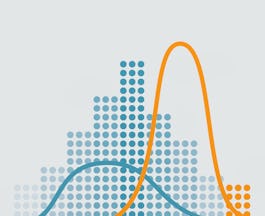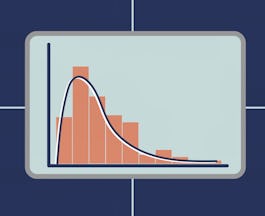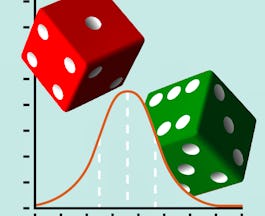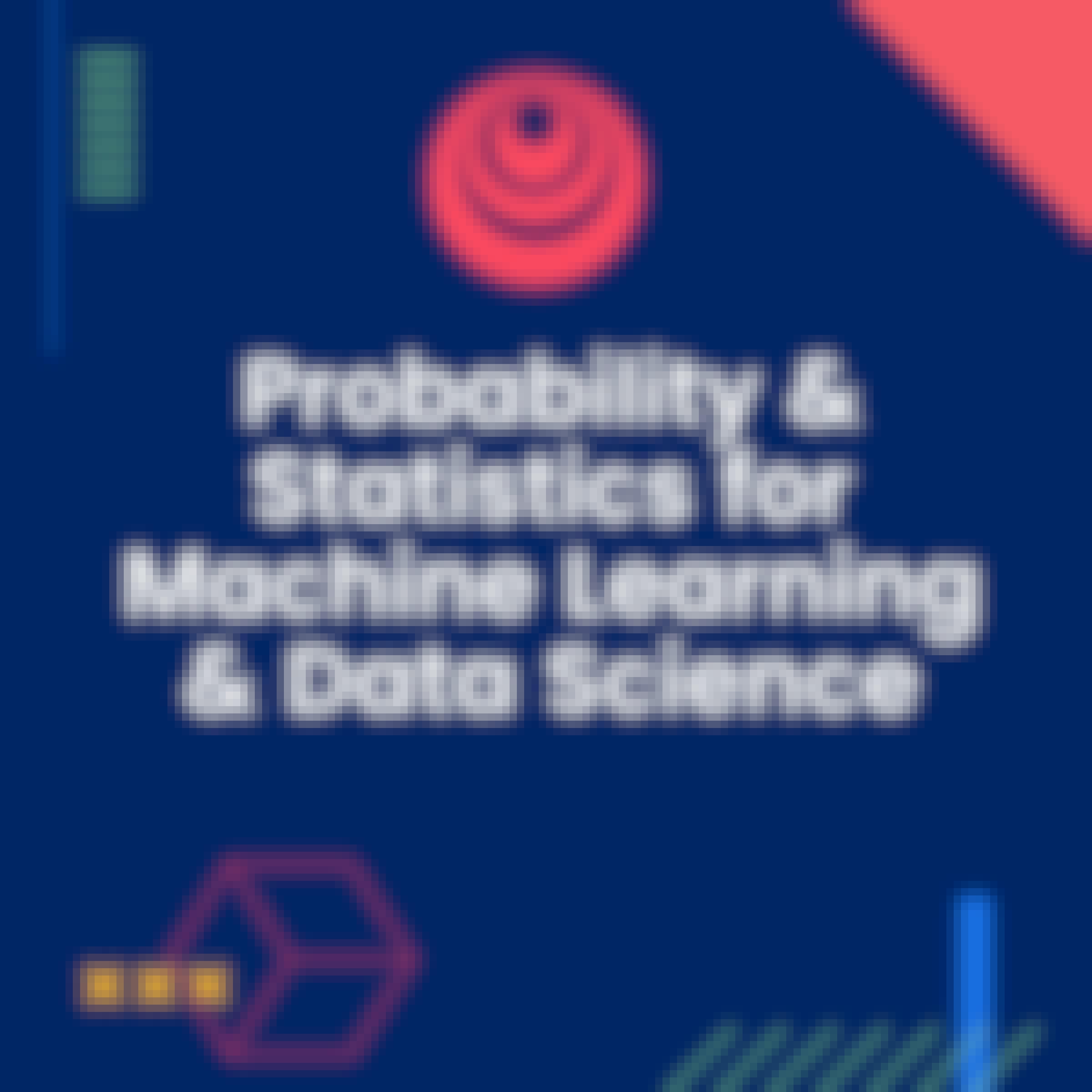Filter by
The language used throughout the course, in both instruction and assessments.
Choose the Bayesian Statistics Course That Aligns Best With Your Educational Goals

University of California, Santa Cruz
Skills you'll gain: Probability & Statistics, Bayesian Statistics, Probability Distribution, General Statistics, Statistical Analysis, R Programming, Statistical Programming, Mathematics, Regression, Data Analysis, Estimation, Machine Learning, Markov Model, Forecasting

Duke University
Skills you'll gain: Bayesian Statistics, General Statistics, Probability & Statistics, Statistical Analysis, Probability Distribution, Bayesian Network, R Programming, Statistical Programming, Statistical Tests

University of California, Santa Cruz
Skills you'll gain: Bayesian Statistics, General Statistics, Probability & Statistics, Probability Distribution, Statistical Analysis, Mathematics, R Programming, Data Analysis, Estimation, Statistical Programming
 Status: Free
Status: FreeStanford University
Skills you'll gain: General Statistics, Probability & Statistics, Statistical Analysis, Critical Thinking, Basic Descriptive Statistics, Data Analysis, Statistical Tests, Mathematics, Probability Distribution, Statistical Visualization

University of California, Santa Cruz
Skills you'll gain: Probability & Statistics, Bayesian Statistics, Probability Distribution, R Programming, Statistical Programming, Regression, General Statistics, Machine Learning
 Status: Free
Status: FreeUniversity of Zurich
Skills you'll gain: Probability & Statistics, Probability Distribution, General Statistics

DeepLearning.AI
Skills you'll gain: General Statistics, Probability & Statistics, Statistical Analysis

Stanford University
Skills you'll gain: Bayesian Network, Probability & Statistics, General Statistics, Graph Theory, Probability Distribution, Bayesian Statistics, Markov Model, Correlation And Dependence, Machine Learning, Network Model, Decision Making, Human Learning, Algorithms

University of Michigan
Skills you'll gain: General Statistics, Probability & Statistics, Statistical Analysis, Data Analysis, Statistical Tests, Basic Descriptive Statistics, Probability Distribution, Python Programming, Statistical Visualization, Mathematics, Plot (Graphics), Regression, Estimation, Correlation And Dependence, Critical Thinking, Data Visualization, Exploratory Data Analysis, Computer Programming, Bayesian Statistics

Databricks
Skills you'll gain: General Statistics, Probability & Statistics, Probability Distribution, Bayesian Statistics, Python Programming

University of Illinois at Urbana-Champaign
Skills you'll gain: Machine Learning, Data Analysis, Data Mining, Machine Learning Algorithms, Natural Language Processing, Probability & Statistics, Data Visualization, Bayesian Statistics, General Statistics, Probability Distribution, Statistical Programming, Algorithms, Python Programming, Statistical Analysis, Data Visualization Software

Duke University
Skills you'll gain: General Statistics, Probability & Statistics, Statistical Analysis, Data Analysis, Statistical Tests, Probability Distribution, R Programming, Statistical Programming, Basic Descriptive Statistics, Statistical Visualization, Bayesian Statistics, Exploratory Data Analysis, Plot (Graphics), Problem Solving, Critical Thinking, Correlation And Dependence, Regression, Bayesian Network, Computer Programming
In summary, here are 10 of our most popular bayesian statistics courses
- Bayesian Statistics: University of California, Santa Cruz
- Bayesian Statistics: Duke University
- Bayesian Statistics: From Concept to Data Analysis: University of California, Santa Cruz
- Introduction to Statistics: Stanford University
- Bayesian Statistics: Techniques and Models: University of California, Santa Cruz
- An Intuitive Introduction to Probability: University of Zurich
- Probability & Statistics for Machine Learning & Data Science: DeepLearning.AI
- Probabilistic Graphical Models: Stanford University
- Statistics with Python: University of Michigan
- Introduction to Bayesian Statistics: Databricks










